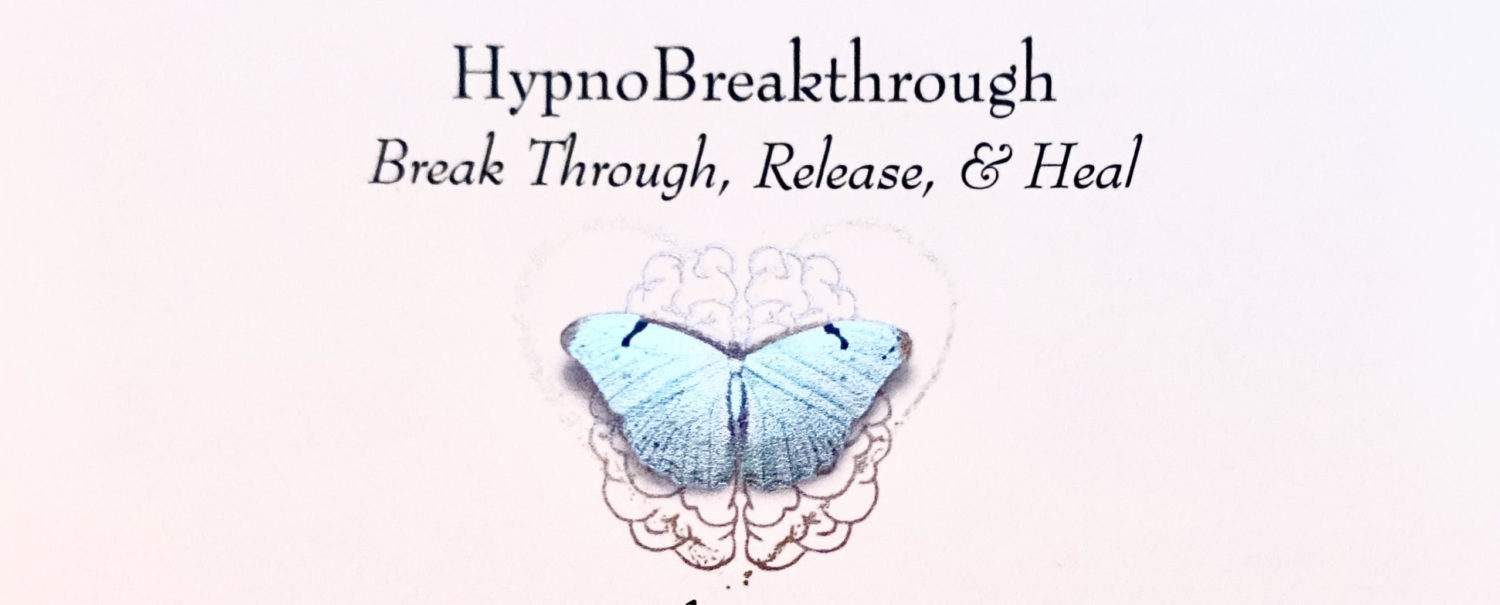How do I know if I have PTSD,or C-PTSD?
PTSD is an acronym for Post Traumatic Stress Disorder, and CPTSD is Complex Post Traumatic Stress Disorder.
Many people are under the impression that PTSD is mainly from those who have had combat experience. We can all understand how those that have lived through gunfire or bombs falling around them, would be panicked during a fireworks display, or startled when something falls on the floor unexpectedly, or feel panicked in crowds. Just to mention a few examples.
Defining Post Traumatic Stress Disorder
We may not realize that any traumatic event, regardless of our age, gender, or having our lives in danger, can cause Post Traumatic Stress Disorder.
The actual definition from Merriam-Webster dictionary is: a condition of persistent mental and emotional stress occurring as a result of injury or severe psychological shock, typically involving disturbance of sleep and constant vivid recall of the experience, with dulled responses to others and to the outside world.
The APA (American Psychological Association) defines PTSD: is an anxiety disorder caused by a traumatic event, such as combat, a natural disaster or crime, or even a traffic accident. It may affect personal relationships or health
From the NIMH (National Institute of Mental Health): (PTSD is) a disorder that develops in some people who have experienced a shocking, scary, or dangerous event.
If you have any trauma in your past, or living daily with trauma from living in a toxic living situation, you likely are suffering with PTSD. Sometimes we don’t even realize it, thinking instead that you have trouble sleeping, don’t like crowds, or get inexplicable bouts of high emotions because you’re just sensitive. Some may even feel completely numb, just going through the motions of everyday life.
Any of these could be a sign of PTSD.

Oftentimes it’s the “strong” ones, the ones who are healers or helpers that don’t realize they actually have PTSD. They themselves may be reluctant to reach out for help. They may think that others live through so much worse, so they just need to live with it.
Many people will think, “Something to help me sleep is all I need”, rather than getting to the root of the issue.
Many feel they may be overly “sensitive” or have had therapy for a childhood traumatic event, so don’t relate the issues facing them now, as still causing issues and may actually be PTSD or CPTSD.
Regardless of the label or clinical diagnosis, please reach out if you’re feeling any anxiety, depression which causes all kinds of other issues throughout life. You may not realize your life or that a specific event in your life, was actually traumatising.

As I always say, there is not one type of therapy or treatment that is best for all. It does take patience and diligence to find a good fit.
There are many types of therapists, with varying specialties, at different education and training levels.Having a therapist you’re comfortable with is most important. Any therapist of any kind will be open about their training and education.
You will find my own information here “Meet Your Hypnotherapist”
If you’re interested in learning how hypnotherapy might be helpful for you, reach out with any questions or concerns. Consultations are always free and include a sample session so you can see how it feels for you.
Thank you so much for being here. I love to hear from you all. I’m open to suggestions for other article topics you would like to see me write about, as well as any thoughts on this or any other articles.
Stay well, inside and out. Pamela Topjian LVN, CHt



Recent Comments